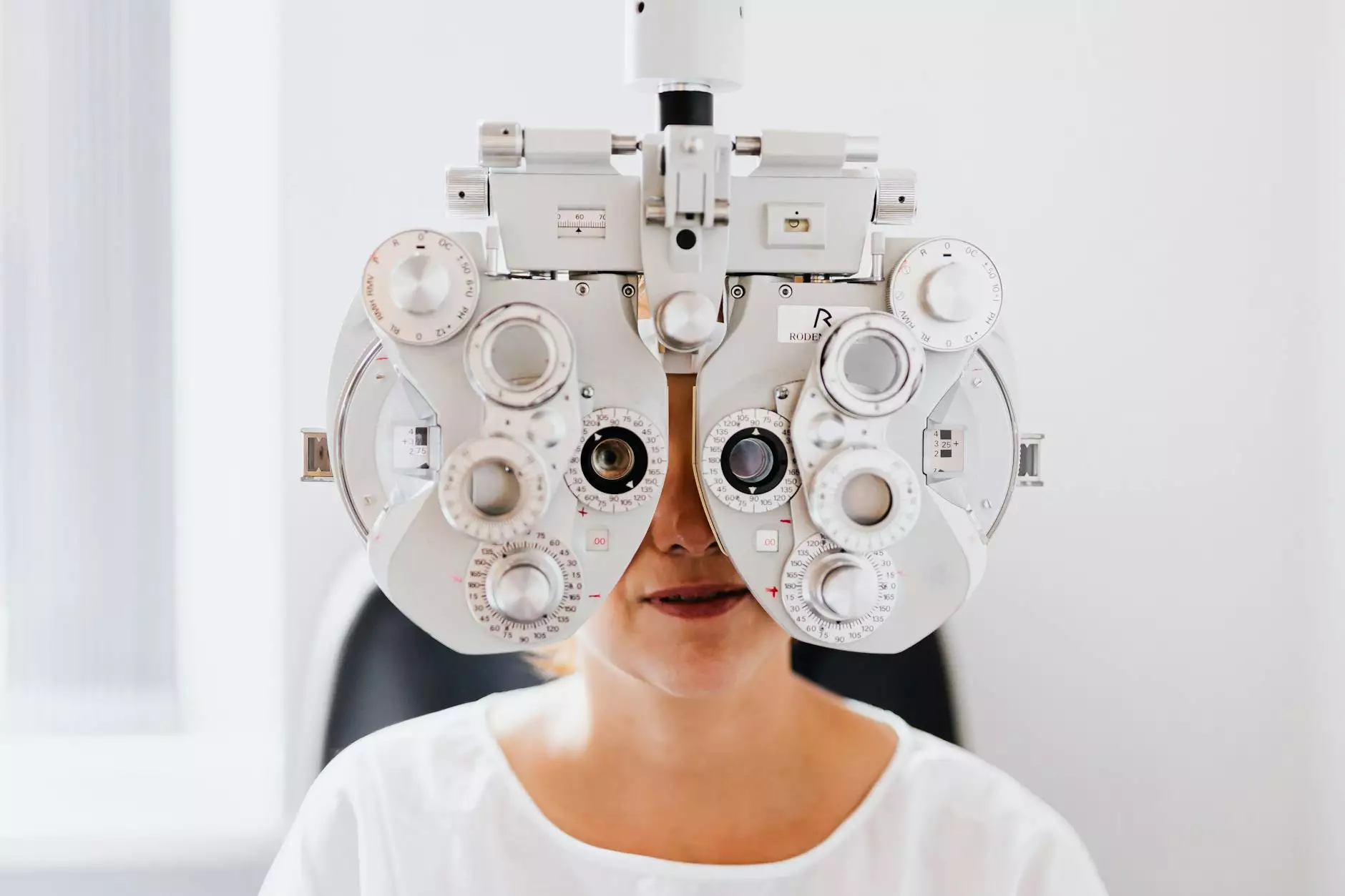Revolutionizing Healthcare: The Rise of AI Medical Coding Companies

The healthcare industry is experiencing a transformation, largely driven by advancements in technology. At the forefront of this transformation are AI medical coding companies, which are reshaping how medical billing and coding is approached. These innovations not only enhance productivity but also improve accuracy, ensuring that healthcare providers are compensated fairly while minimizing errors. In this comprehensive article, we will explore the role of AI in medical coding and the benefits it offers to businesses and patients alike.
The Importance of Accurate Medical Coding
Medical coding is a crucial component of the healthcare system. It involves the translation of healthcare diagnoses, procedures, and services into universal alphanumeric codes. This coding is essential for:
- Billing: Accurate coding ensures that healthcare providers are paid for their services.
- Data Management: Medical codes are used for effectively managing patient data.
- Compliance: Proper coding is vital for regulatory compliance and auditing.
- Statistical Analysis: Codes contribute to research, planning, and public health monitoring.
With the growing complexity of healthcare claims and the transition to value-based care, the demand for accurate and efficient medical coding has never been higher. This is where AI medical coding companies play a pivotal role.
What are AI Medical Coding Companies?
AI medical coding companies leverage artificial intelligence and machine learning to automate the coding process. These technologies analyze vast amounts of medical data and assist healthcare professionals in coding diagnoses and procedures accurately. Unlike traditional methods, AI ensures speed and efficiency, reducing the potential for human error.
Some of the prominent features offered by these companies include:
- Natural Language Processing (NLP): AI systems use NLP to understand and interpret physician notes, extracting relevant data needed for coding.
- Predictive Analytics: AI can predict coding outcomes based on historical data, helping coders make more informed decisions.
- Real-time Coding Assistance: Coders can receive instant suggestions and corrections while they code, increasing accuracy.
- Scalability: AI systems can handle large volumes of coding tasks, making them ideal for both small clinics and large healthcare networks.
Benefits of AI in Medical Coding
The integration of AI into medical coding presents several substantial benefits for healthcare organizations.
1. Enhanced Efficiency
AI-driven coding systems can process claims significantly faster than manual methods. This leads to improved turnaround times for billing, allowing healthcare providers to receive payments more promptly.
2. Improved Accuracy
One of the primary advantages of using AI is the reduction in coding errors. The use of sophisticated algorithms minimizes mistakes, which can lead to denied claims and revenue loss.
3. Cost-Effective Solutions
By automating routine tasks, healthcare providers can reallocate their resources more effectively. This results in lower operational costs and allows teams to focus on more strategic initiatives.
4. Better Compliance
AI medical coding companies continuously update their systems to comply with changing regulations. This ensures that healthcare providers remain compliant with the latest coding guidelines, reducing the risk of audits and penalties.
How AI Medical Coding Companies Enhance Education
Education is a critical element in the healthcare industry, particularly in the realm of medical coding. As the demand for trained professionals increases, courses for medical billing and coding have become essential. Here’s how AI medical coding companies are impacting medical education:
- Real-World Training: AI tools offer practical applications that can be incorporated into training programs, helping students understand the complexities of medical coding.
- Simulation Software: Companies can provide simulated environments where students can practice coding with the latest technologies.
- Continued Learning: Ongoing professional development programs use AI to help existing coders stay updated with recent coding practices and standards.
The Future of AI in Medical Coding
The future of AI medical coding companies looks promising. As technology advances, we can expect the following trends:
1. Increasing Use of AI Algorithms
AI algorithms will become more sophisticated, allowing for even finer nuances in coding. Expect algorithms that not only suggest codes but also explain the reasoning behind them.
2. Integration with Electronic Health Records (EHR)
Seamless integration with EHR systems will streamline the coding process. This will allow for automatic code suggestions based on patient records and clinical documentation.
3. Greater Focus on Patient-Centric Care
AI-driven coding will help shift the focus towards patient care rather than administrative tasks, allowing healthcare providers to allocate more time and resources to their patients.
4. Innovative Partnerships
We can expect to see more collaborations between AI medical coding companies and educational institutions to foster a new generation of coding professionals who are proficient in new technologies.
Choosing the Right AI Medical Coding Company
With numerous options available, selecting the right AI medical coding company is crucial for healthcare providers. Here are some factors to consider:
- Reputation: Research the company’s history and reviews from past clients.
- Technology Used: Understand the technology stack and methodologies employed by the company.
- Customer Support: Evaluate the level of support offered. Reliable customer service can prevent disruptions in operations.
- Cost Structure: Analyze the pricing model to ensure it aligns with your budget while meeting your needs.
The Role of Courses for Medical Billing and Coding
To maximize the benefits of AI in medical coding, there is an increasing need for professionals who are well-versed in both coding practices and technology. Courses for medical billing and coding offer prospective coders the skills needed to succeed in this evolving landscape. Here are some key components of effective training programs:
- Foundational Knowledge: Courses should cover essential coding principles, medical terminology, and coding systems (ICD, CPT, HCPCS).
- Practical Application: Programs should include hands-on training with AI tools and software used in the industry.
- Certification Preparation: Many courses prepare students for national certification exams, enhancing their employability.
- Continuing Education: Provides opportunities for current coders to upgrade their skills and stay current with industry changes.
Conclusion
As healthcare continues to evolve, the integration of technology is essential for improving processes and outcomes. AI medical coding companies are leading this charge by enhancing efficiency, accuracy, and compliance in medical coding. By investing in education and the right partnerships, healthcare providers can ensure that they are well-equipped to navigate the future of medical coding with confidence.
The potential benefits are significant not just for healthcare professionals but also for patients, making healthcare more efficient and effective. Those looking for a career in coding should consider the comprehensive training offered by various institutions, including PMBA USA, to prepare for the future of healthcare.



